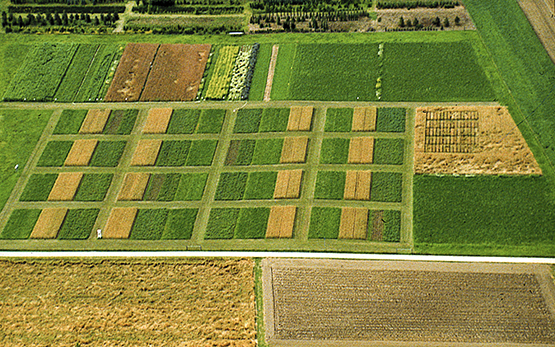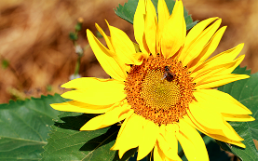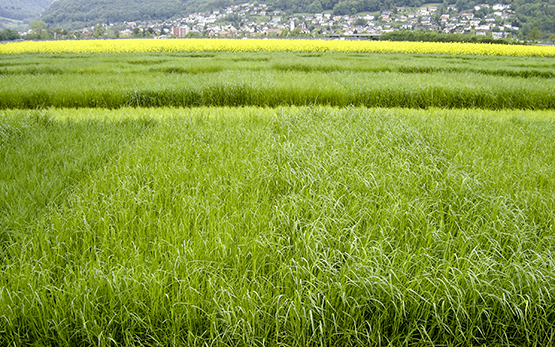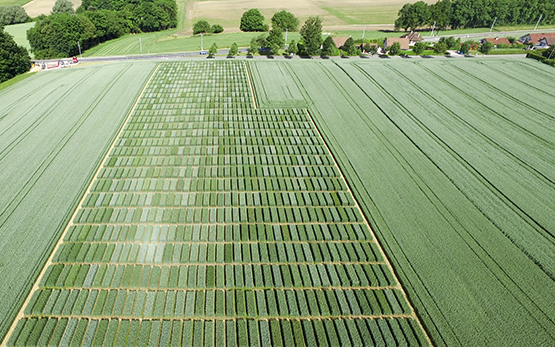Microbial Biodiversity Research Programme
Data collection in several model systems is successfully complete. The data analyses, which are based on refined or newly developed bioinformatic methods, are well advanced. Examples of these are: A site-specific differentiation of soil microbiomes is feasible; Pseudomonads that are effective against plant diseases possess potential for use in leaf microbiomes; Fatty whey metagenomes have been sequenced down to strain level. The upshot of all this work has been an expansion of knowledge concerning the functions of organisms in agriculturally and nutritionally important ecosystems.
Website of the Agroscope Microbial Biodiversity Research Project









